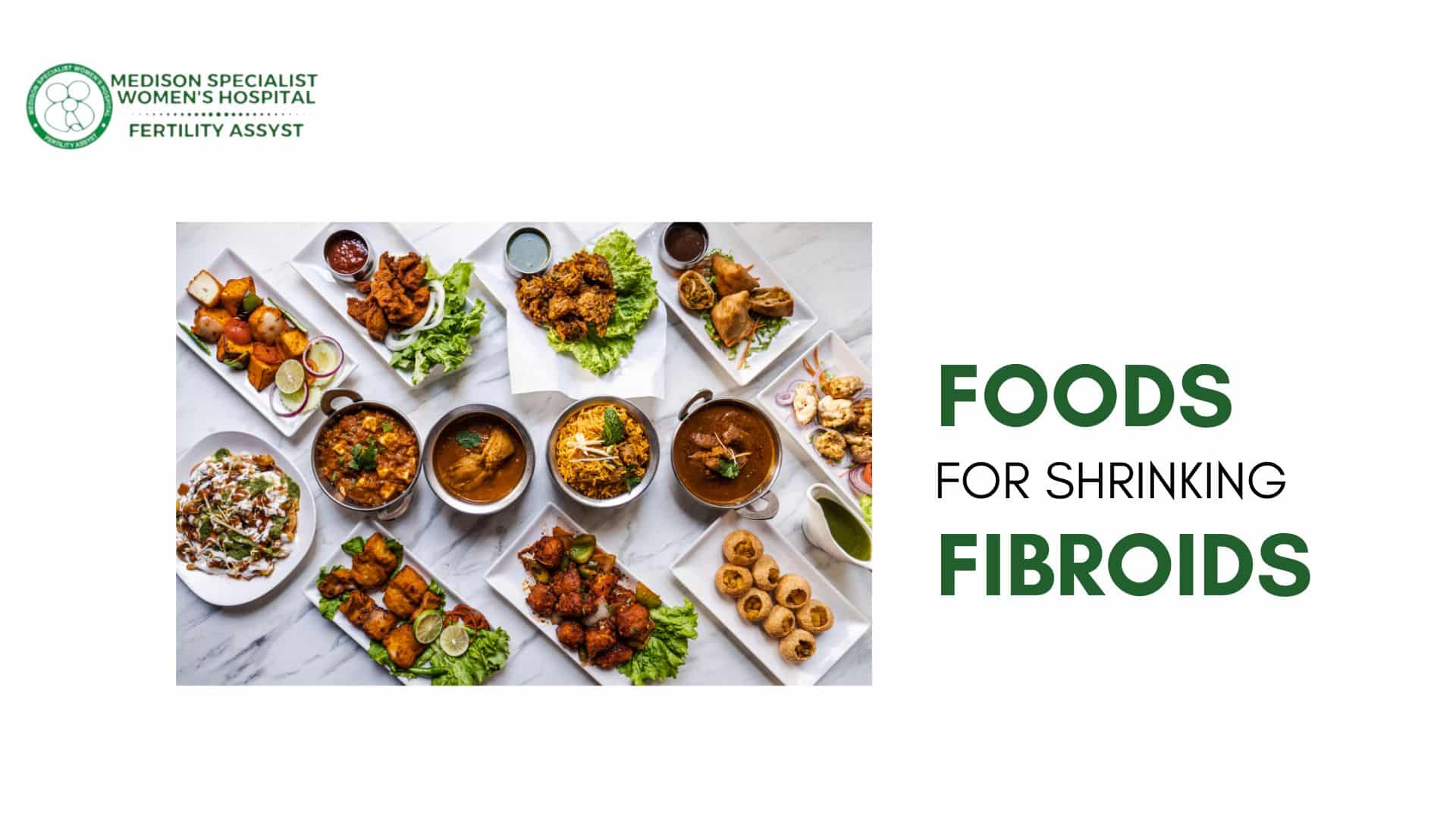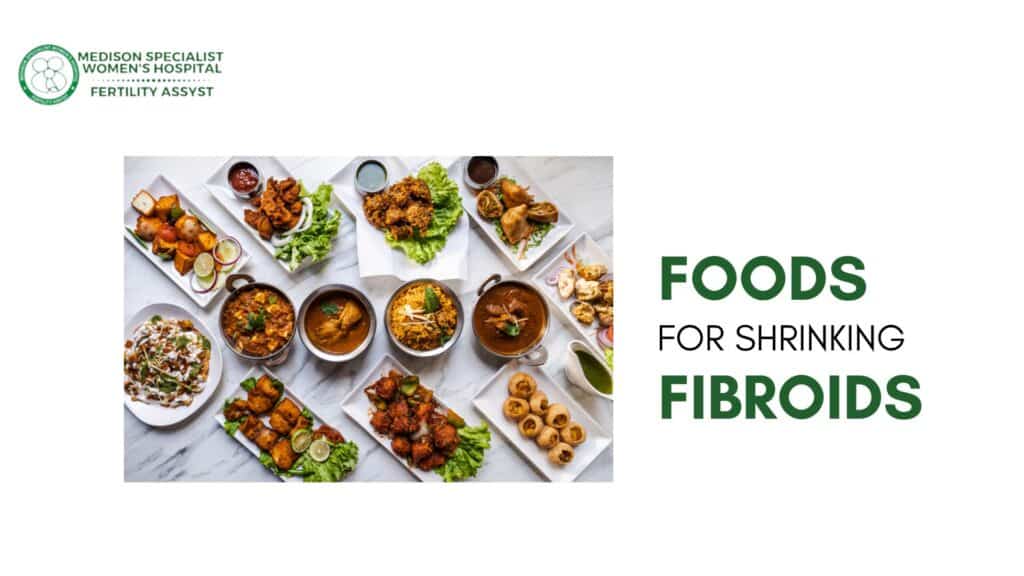Foods for Shrinking Fibroids: A Nutritional Guide

Fibroids, also known as uterine leiomyomas, are noncancerous growths that can develop in the uterus. They affect many women and often cause symptoms such as heavy menstrual bleeding, pain, and pressure. While medical treatments are available, incorporating certain foods into your diet may help manage fibroids and reduce their size. This article explores some of the best foods for shrinking fibroids and promoting overall uterine health.
- Fruits and Vegetables
Rich in vitamins, minerals, and antioxidants, fruits and vegetables should be the cornerstone of any fibroid-friendly diet. Here are some key choices:
- Berries: Strawberries, blueberries, and raspberries are high in antioxidants, which can help reduce inflammation.
- Leafy Greens: Spinach, kale, and Swiss chard are rich in vitamins A, C, and K, as well as magnesium, which may help manage fibroid symptoms.
- Cruciferous Vegetables: Broccoli, cauliflower, and Brussels sprouts contain compounds that support liver function and hormone balance, which can be beneficial in managing fibroids.
- Whole Grains
Whole grains are an excellent source of fiber, which can aid digestion and help maintain healthy hormone levels. Opt for:
- Brown Rice: A good source of complex carbohydrates, brown rice is less processed than white rice and retains more nutrients.
- Quinoa: Packed with protein and fiber, quinoa is also a complete source of amino acids, making it a fantastic addition to any meal.
- Oats: Rich in fiber and essential nutrients, oats can help regulate blood sugar levels and reduce inflammation.
- Healthy Fats
Incorporating healthy fats into your diet can help reduce inflammation and support hormone regulation. Include:
- Avocados: Full of healthy monounsaturated fats, avocados can help improve heart health and provide essential nutrients.
- Olive Oil: Extra virgin olive oil is rich in antioxidants and anti-inflammatory properties, making it a great choice for cooking or dressings.
- Nuts and Seeds: Almonds, walnuts, flaxseeds, and chia seeds are high in omega-3 fatty acids, which can help reduce inflammation and support hormonal balance.
- Lean Proteins
Adequate protein intake is essential for maintaining a healthy body and managing fibroids. Consider adding:
- Fish: Fatty fish like salmon and sardines are rich in omega-3 fatty acids, which can help reduce inflammation and support overall health.
- Legumes: Beans, lentils, and chickpeas are excellent sources of protein and fiber, helping to regulate blood sugar and hormone levels.
- Poultry: Lean chicken and turkey provide essential protein without the saturated fats found in red meats.
- Herbs and Spices
Certain herbs and spices have anti-inflammatory properties and may support hormonal balance. Try incorporating:
- Turmeric: Known for its anti-inflammatory effects, turmeric can be added to smoothies, soups, or as a seasoning in various dishes.
- Ginger: Ginger has been shown to reduce pain and inflammation, making it a beneficial addition to your diet.
- Garlic: Garlic can help improve circulation and has anti-inflammatory properties, making it a great flavor enhancer for your meals.
Lifestyle Considerations
While dietary changes can be beneficial, it’s also important to maintain a healthy lifestyle. Regular exercise, stress management techniques, and adequate hydration can further support your efforts in managing fibroids.
Conclusion
A balanced diet rich in fruits, vegetables, whole grains, healthy fats, and lean proteins can be beneficial in managing and potentially shrinking fibroids. Always consult your healthcare provider before significant changes to your diet or treatment plan, especially if you have existing health conditions. At Edison Hospital, we are dedicated to supporting your health journey with comprehensive care and resources.
Please get in touch with us today for more information on managing fibroids or to schedule an appointment with one of our specialists.

